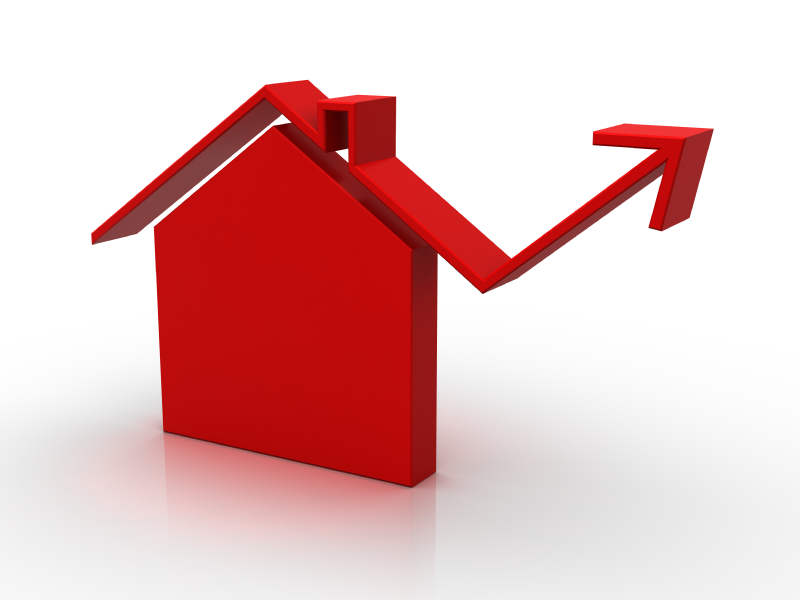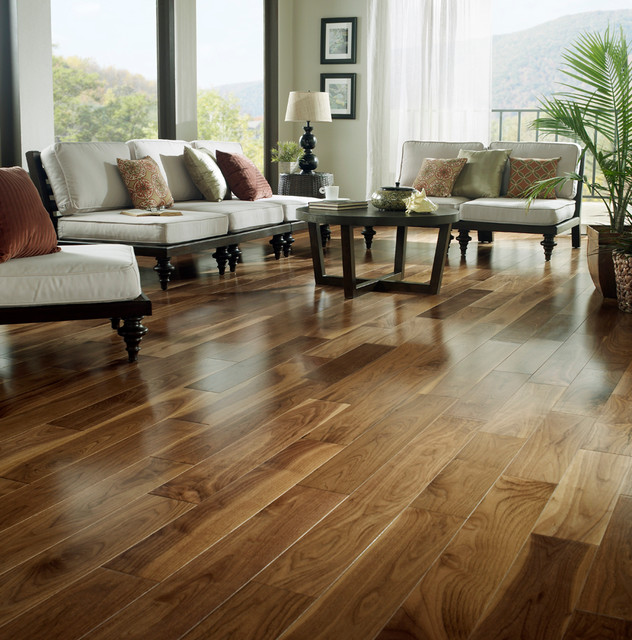Posted on
January 4, 2014
by
Kristy Just
Metro Vancouver housing market characterized by modest home sale and price increases in 2013

The Greater Vancouver housing market maintained a consistent balance between demand and supply throughout 2013.
The Real Estate Board of Greater Vancouver (REBGV) reports that total sales of detached, attached and apartment properties in 2013 reached 28,524, a 14 per cent increase from the 25,032 sales recorded in 2012, and an 11.9 per cent decrease from the 32,390 residential sales in 2011.
“Home sales quietly improved last year compared to 2012, although the volume of activity didn’t compare to some of the record-breaking years we experienced over the last decade,” Sandra Wyant, REBGV president said.
Last year’s home sale total ranks as the third lowest annual total for the region in the last ten years, according to the region’s Multiple Listing Service® (MLS®).
The number of residential properties listed for sale on the MLS® in Metro Vancouver declined 6.2 per cent in 2013 to 54,742 compared to the 58,379 properties listed in 2012. Looking back further, last year’s total represents an 8.1 per cent decline compared to the 59,539 residential properties listed for sale in 2011. Last year’s listing count is on par with the 10 year average.
“It was a year of stability for the Greater Vancouver housing market,” Wyant, said. “Balanced conditions allowed home prices in the region to remain steady, with just a modest increase over the last 12 months.”
The MLS® Home Price Index composite benchmark price for all residential properties in Metro Vancouver is currently $603,400. This represents a 2.1 per cent increase compared to December 2012.
December summary
Residential property sales in Greater Vancouver totalled 1,953 in December 2013, an increase of 71 per cent from the 1,142 sales recorded in December 2012 and a 15.9 per cent decline compared to November 2013 when 2,321 home sales occurred.
December sales were 8.1 per cent above the 10-year December sales average of 1,807.
New listings for detached, attached and apartment properties in Greater Vancouver totalled 1,856 in December 2013. This represents a 34.5 per cent increase compared to the 1,380 units listed in December 2012 and a 42.8 per cent decline compared to November 2013 when 3,245 properties were listed.
Sales of detached properties in December 2013 reached 762, an increase of 79.3 per cent from the 425 detached sales recorded in December 2012, and a 21 per cent increase from the 630 units sold in December 2011. The benchmark price for detached properties increased 2.5 per cent from December 2012 to $927,000.
Sales of apartment properties reached 850 in December 2013, an increase of 68.7 per cent compared to the 504 sales in December 2012, and an increase of 9.8 per cent compared to the 774 sales in December 2011.The benchmark price of an apartment property increased 1.8 per cent from December 2012 to $367,800.
Attached property sales in December 2013 totalled 341, an increase of 60.1 per cent compared to the 213 sales in December 2012, and a 34.3 per cent increase from the 254 attached properties sold in December 2011. The benchmark price of an attached unit increased 1.2 per cent between December 2012 and 2013 to $456,100.






